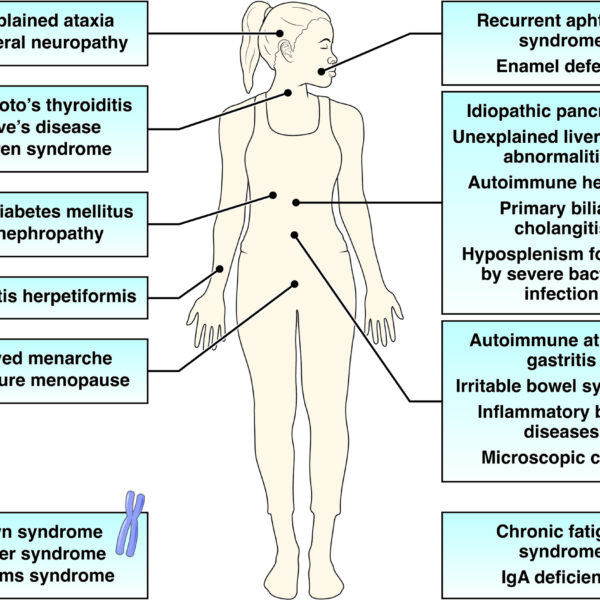
Celiac disease: Who should be tested
If you’ve been diagnosed with a condition related to celiac disease or have other risk factors, does that mean you should be tested for celiac disease?
Brought to you by the American Gastroenterological Association

If you’ve been diagnosed with a condition related to celiac disease or have other risk factors, does that mean you should be tested for celiac disease?
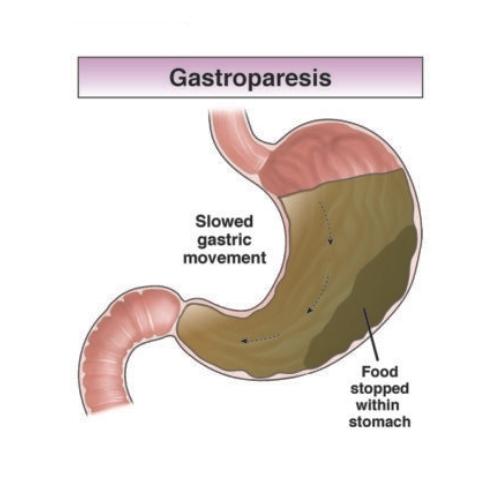
La gastroparesia o vaciado gástrico retrasado se produce cuando el estómago tiene problemas para eliminar su contenido, posiblemente debido a problemas con los músculos del estómago, los nervios o los nervios del cerebro y la médula espinal.
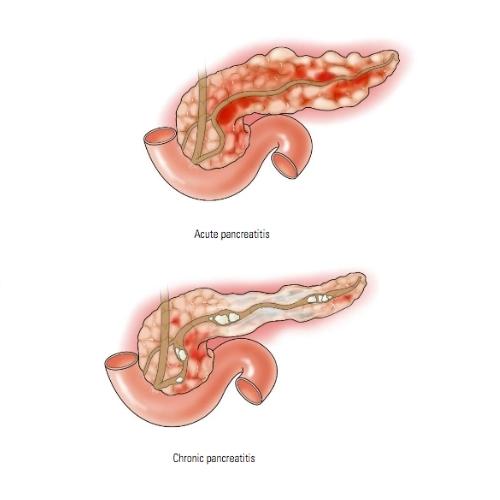
La pancreatitis se refiere a la inflamación (hinchazón) del páncreas. A menudo es causado por cálculos biliares o abuso de alcohol. Los síntomas de la pancreatitis aguda y crónica son similares.
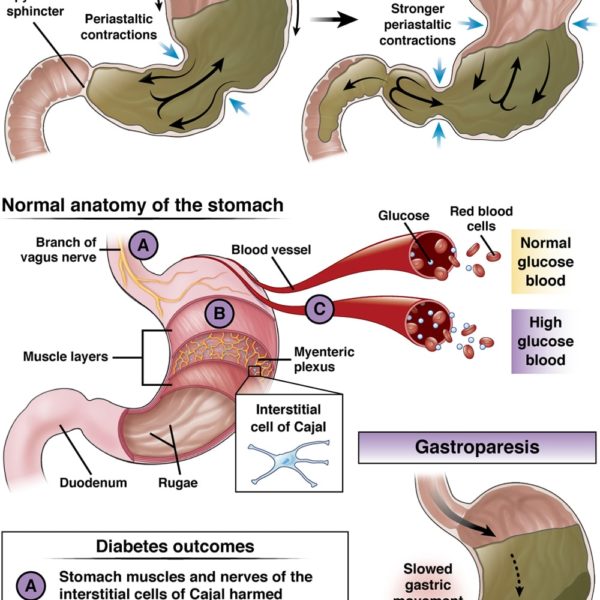
La diabetes puede causar gastroparesia, cuando su estómago tiene problemas para evacuar su contenido debido a que los músculos del estómago están dañados.

La enfermedad celíaca es cuando una persona no puede consumir gluten. Algunos síntomas son gases, hinchazón y dolor de estómago, diarrea y estreñimiento.

Pancreatitis refers to inflammation (swelling) of the pancreas. It is often caused by gallstones or heavy alcohol abuse. Both acute and chronic pancreatitis symptoms are similar.
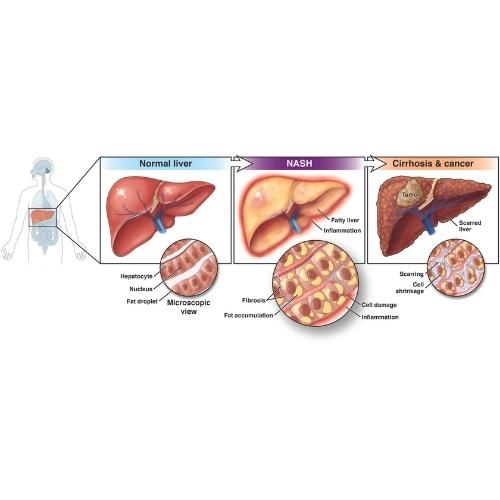
Nonalcoholic fatty liver disease (NAFLD) happens when your liver stores too much fat and it is not related to heavy alcohol use. Nonalcoholic steatohepatitis, or NASH, is a more severe form of nonalcoholic fatty liver disease that causes inflammation, called hepatitis, and liver cell damage.

Gastroparesis or delayed gastric emptying is when the stomach has trouble clearing out its contents, possibly due to issues with the stomach muscles, nerves, or brain and spinal cord nerves.

Celiac disease is when a person can’t eat gluten. Some symptoms are gas, stomach bloating and pain, diarrhea and constipation.

Gastroparesis, or delayed gastric emptying, is when your stomach has trouble clearing out its contents because of damaged stomach muscles. Diabetes is the most frequently identified disease linked to gastroparesis.
4930 Del Ray Avenue
Bethesda, MD 20814
301-654-2055
This website uses cookies so that we can provide you with the best user experience possible. Cookie information is stored in your browser and performs functions such as recognising you when you return to our website and helping our team to understand which sections of the website you find most interesting and useful.
Strictly Necessary Cookie should be enabled at all times so that we can save your preferences for cookie settings.
If you disable this cookie, we will not be able to save your preferences. This means that every time you visit this website you will need to enable or disable cookies again.
This website uses Google Analytics to collect anonymous information such as the number of visitors to the site, and the most popular pages.
Keeping this cookie enabled helps us to improve our website.
Please enable Strictly Necessary Cookies first so that we can save your preferences!